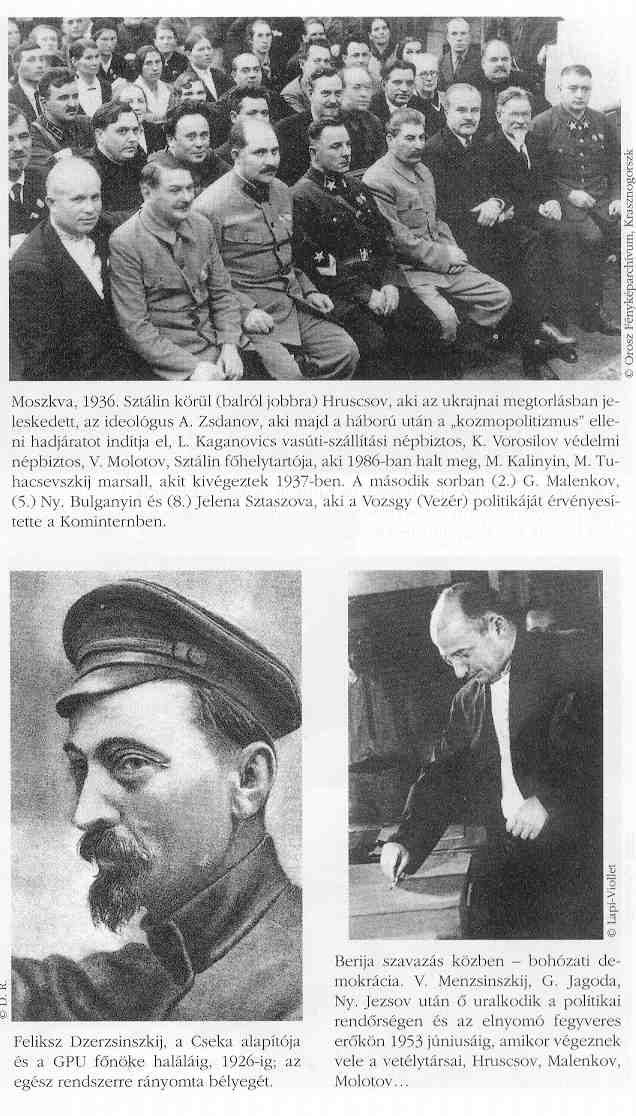


Karl Marx was a social scientist and a
philosopher. Although he was one of the greatest social thinkers during the
1800's, most of ideas and intellect were not recognized until after his death.
Marx was born in 1818 to a middle class German family. Marx became a communist
when he moved to Paris in 1843. This was when he wrote the Economic and
Philosophical Manuscripts. These writings outlined communism and were not
published until the 1930's. While Marx was in Paris he met the man who would
become his life long friend and partner, Friedrich Engels. It was with Engels
that he wrote the Communist manifesto in 1848. Engels helped Marx survive by
being one of his major sources of income during the 1850's when Marx was not
able to do it with only his writings. Another manuscript that was published
after his death was called The German Ideology. The idea behind this discussed
how an individual's nature is affected by the material conditions that determine
their production.
Karl Marx believed that social change is what was needed for a better society,
and to get social change there must be class conflict. Marx's major concern of
social change was economic change. Marx's most well known work dealt with class
conflict, the opposition between the capitalists and the working class. The
capitalists are also known as the bourgeoisie. They are the ones that are
responsible for controlling the land, factories, etc. The working class, which
is also known as the proletariat, are the workers that are being exploited by
the bourgeoisie.
One of the larger manuscripts that Marx ever wrote in his life was called The
Grundrisse. The Grundrisse (which means outlines) also was not published until
after Marx's death. This manuscript was 800 pages long and discussed things such
as capital, labor/wages, property, etc. This was completed in 1857. It was ten
years later that he finally published the first part of Capital. Capital was a
work that outlined the capitalist process in detail. There were several other
parts completed to this work, but they were not published until Engels did so
after Marx's death.
Marx is now known as one of the founders of Communism, modern Socialism, and
Sociology. Since his death Marxism has led to socialist thought and much more.
Karl Marx died in 1883.
 |

 Kun
Béla
(1886-1938 vagy 1939)
Kun
Béla
(1886-1938 vagy 1939)
 Szamuely
Tibor beszéde Győrött 1919. április 20-án, húsvétvasárnap: A hatalom a kezünkben
van. Aki azt akarja, hogy visszatérjen a régi uralom, azt kíméletlenül fel kell
akasztani. Az ilyennek bele kell harapni a torkába. A magyarországi
proletariátus eddigi győzelme nem került különös áldozatokba. Most azonban
szükség lesz arra, hogy vér omoljon. A vértől nem kell félni. A vér acél:
erősíti a szívet, erősíti a proletár öklöt. Hatalmassá fog tenni bennünket a
vér. A vér lesz az, amely az igazi kommünvilághoz elvezet minket. Ki fogjuk
irtani, ha kell, az egészet.
Szamuely
Tibor beszéde Győrött 1919. április 20-án, húsvétvasárnap: A hatalom a kezünkben
van. Aki azt akarja, hogy visszatérjen a régi uralom, azt kíméletlenül fel kell
akasztani. Az ilyennek bele kell harapni a torkába. A magyarországi
proletariátus eddigi győzelme nem került különös áldozatokba. Most azonban
szükség lesz arra, hogy vér omoljon. A vértől nem kell félni. A vér acél:
erősíti a szívet, erősíti a proletár öklöt. Hatalmassá fog tenni bennünket a
vér. A vér lesz az, amely az igazi kommünvilághoz elvezet minket. Ki fogjuk
irtani, ha kell, az egészet.
 RákRákosi Mátyás
(1892-1971)
Rákosi levelezései.
RákRákosi Mátyás
(1892-1971)
Rákosi levelezései.
1956-os forradalom és szabadságharc 1956-os forradalomi történtek. 1956 történetek.
Marosán, Hruscsov, Kádár és Münnich az MSZMP VII. kongresszusán, 1957
Hruscsov, Nyikita Szergejevics
Münnich, Brezsnyev és Kádár az MSZMP IX. kongresszusán, 1966
1990-töl a meg nem történt rendszerváltás után az elvtársak a pufajkát öltönyre cserélték. A vagyont és a hatalmat átmentették, és ők lettek a legnagyobb kapitalisták. Szavazatukat a meg maradt párttagoktól és azok kölykeitől a megnyomorított és félrevezetett emberektől kapják a mai napig. Mostani arcukat a múlt köntösébe bujtatják. És megpróbálnak demokratának látszani.








































